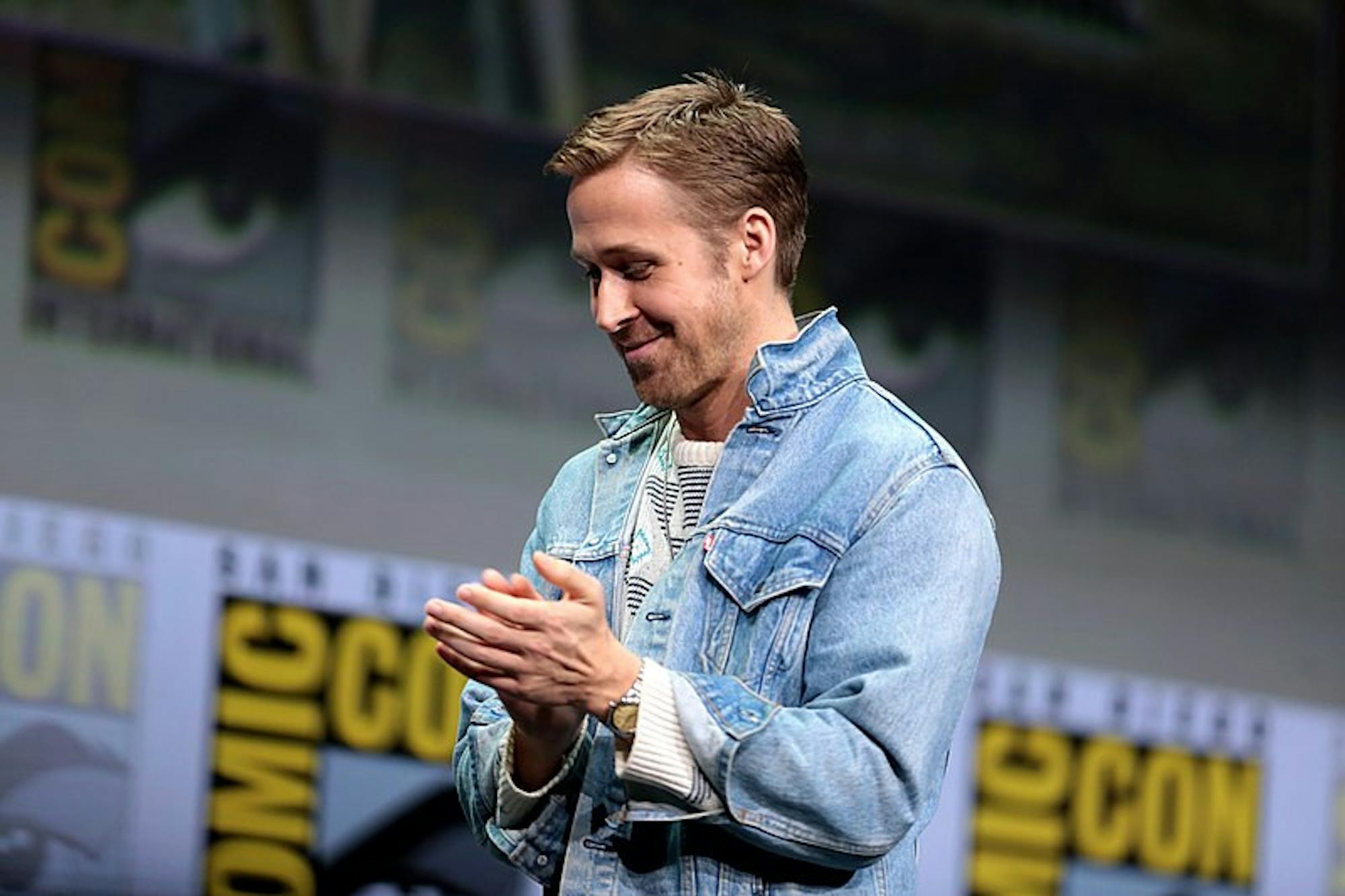From his early childhood, Ryan Gosling has been destined for the big screen. Gosling rose to prominence after his time on the Disney Channel’s star-producing show, “The All-New Mickey Mouse Club” (1989–94), and arguably has never left the spotlight since then. With his role as Neil Armstrong in “First Man” receiving critical acclaim, now is the perfect time to look back on Gosling’s both long and diverse acting history.
While Gosling starred in a number of small, independent films as he grew into adulthood, his first commercial success undoubtedly lay with “The Notebook” (2004). While the movie never rose above mediocrity as far as critics are concerned, it immediately garnered a cult following and did surprisingly well at the box office. Of course, starring in a romantic comedy has both advantages and disadvantages. Gosling’s performance and on-screen chemistry with co-star Rachel McAdams were both strong, and the film contributed to his meteoric rise in popularity.
Gosling’s success continued unabated after “The Notebook,” earning Academy Award and Golden Globe Award nominations from his work in “Half Nelson” (2006) and “Lars and the Real Girl” (2007), respectively. Gosling’s talent shone through during this fledgling period in his career, and he piloted both films to critical, if not commercial, success, playing both a cocaine addict and a hopeless romantic with equal aptitude. In fact, these movies encapsulate what makes Gosling great: He is able to not just portray, but truly inhabit his characters and deliver hyper-realistic performances as a result.
Even a three-year hiatus did nothing to abate Gosling's continued success, as the gripping drama “Blue Valentine” (2010) led to yet another Golden Globe nomination. With a diverse set of works under his belt, Gosling seemed destined to succeed. In many ways, he was.
However, although critics appear to disagree, “Crazy, Stupid, Love” (2011) was more of a hindrance to Gosling, as far as his acting talent is concerned. Even Gosling, who was nominated for yet another Golden Globe due to his performance, could not escape what was a saccharine film that is never crazy but is plenty stupid. Nonetheless, 2011 saw the release of arguably the epitome of Gosling’s career in the crime thriller, “Drive.”
“Drive” sees Gosling playing an unnamed stunt driver who gets roped into his night job as a getaway driver. Everything about the film is phenomenal. The action sequences are perfectly edited and avoid using CGI, the film is both terrifyingly violent and surprisingly heartwarming, and the writing is memorable and avoids contrition. Although panned by some audiences for its overwhelmingly violent nature, this is one of Gosling’s standout performances, and it certainly represents a high point in his career.
Gosling’s recent career has continued this path of excellence, although no actor is without fault. While “The Big Short” (2015) proved to be entertaining, educational and successful, “La La Land” (2016) represented an exceedingly low point in Gosling’s career. The entire movie feels contrived and self-congratulatory and is essentially a movie by Hollywood, about Hollywood and ultimately for Hollywood. Gosling’s acting is similarly forced, and his character feels disingenuous and pretentious. Despite positive reviews, this is Gosling's weakest showing by far, and reduces his talents to a vapid mess.
While “Blade Runner 2049” (2017) could not bring Gosling back from his low due to its convoluted plot coupled with poor directorial decisions, it appears that “First Man” will launch Gosling back into (deserved) critical acclaim. Whatever the actor is up to after the dust settles from his latest theatrical release is sure to have out-of-this-world potential.
Ryan Gosling: From heartthrob to astronaut

Ryan Gosling walks on stage at the San Diego Comic-Con International on July 22, 2017.





